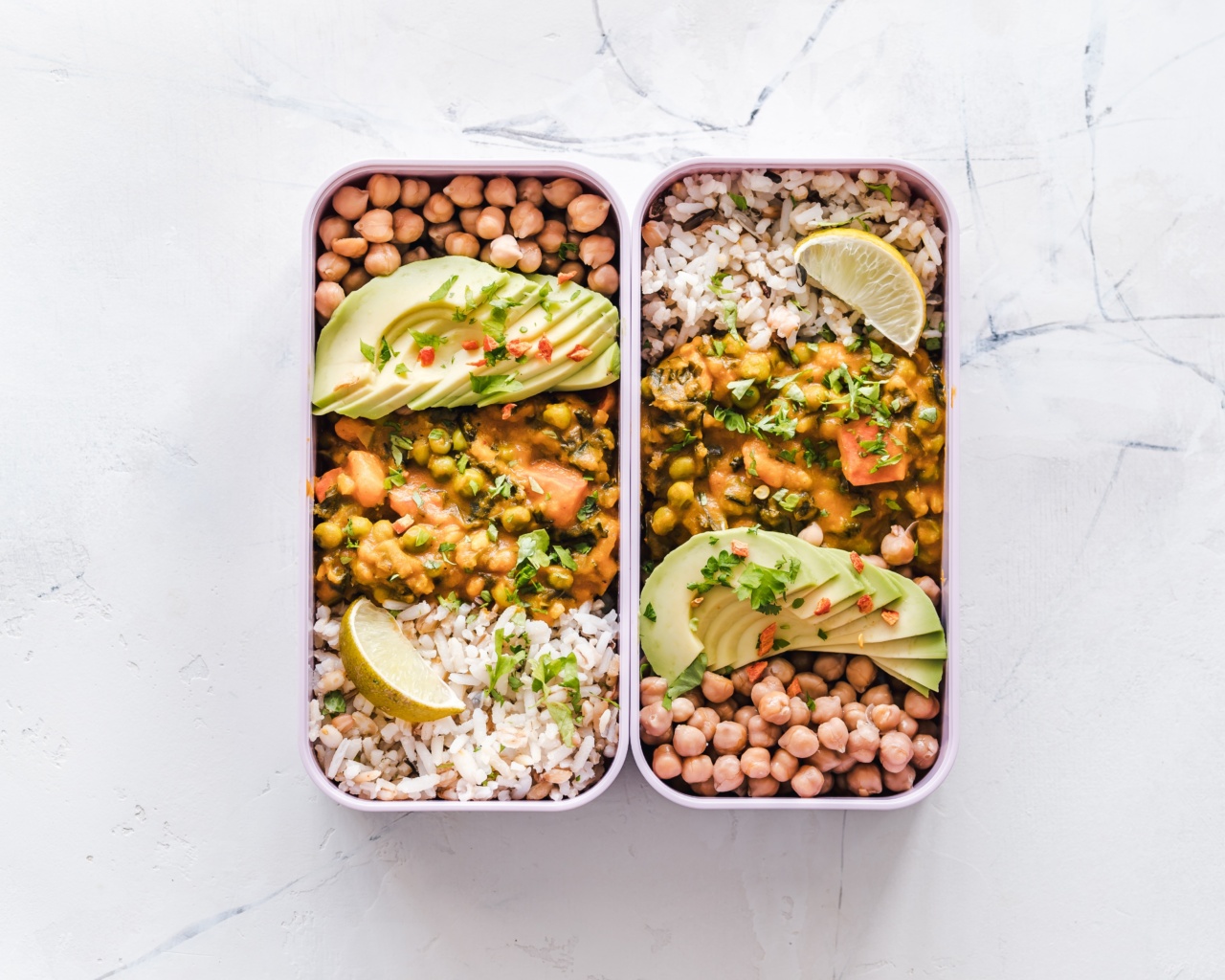One of the most vital organs in our body is the liver. It plays a crucial role in detoxification, metabolism, digestion, and other important bodily functions. Taking care of our liver is essential to maintain overall health and prevent various diseases.
What Damages the Liver?
Several factors can contribute to liver damage, such as excessive alcohol consumption, viral infections (hepatitis), obesity, certain medications, and exposure to toxins. Additionally, our diet plays a significant role in the health of our liver.
Some foods, if consumed in excess, can cause harm and burden the liver.
The Role of the Liver
Before diving into the liver-damaging foods, let’s briefly understand the crucial functions that the liver performs:.
- Detoxification: The liver helps remove toxins and harmful substances from the bloodstream.
- Metabolism: It plays a key role in breaking down carbohydrates, proteins, and fats to provide energy to the body.
- Production of Bile: The liver produces bile, which aids in the digestion and absorption of fats.
- Storage of Vitamins and Minerals: The liver stores essential nutrients, such as vitamins A, D, E, K, and B12, as well as iron and copper.
The Top Liver-Damaging Foods to Avoid:
1. Alcohol:
Excessive alcohol consumption is well-known for its detrimental effects on the liver. It can lead to fatty liver, alcoholic hepatitis, fibrosis, and even cirrhosis – a severe condition that disrupts liver function.
2. Fried Foods:
Fried foods, particularly those deep-fried at high temperatures, contain harmful trans fats that can contribute to fatty liver disease and increase the risk of inflammation.
3. Sugary Drinks:
Sodas, energy drinks, and other sugary beverages are loaded with excessive amounts of added sugars. High intake of sugar can lead to non-alcoholic fatty liver disease (NAFLD).
4. Processed Meats:
Processed meats like sausages, bacon, and deli meats often contain high levels of sodium, preservatives, and additives. These compounds can damage the liver and contribute to inflammation.
5. High-Sodium Foods:
Excessive salt intake puts a strain on the liver, as it can contribute to water retention and increase blood pressure. Foods like processed snacks, fast food, and canned goods are typically high in sodium.
6. Artificial Sweeteners:
While they may seem like a healthier alternative to sugar, artificial sweeteners can be harmful to the liver when consumed in excess. They have been linked to fatty liver disease and insulin resistance.
7. Refined Grains:
Foods made with refined grains, such as white bread, white rice, and pastries, have a high glycemic index, causing a rapid spike in blood sugar levels. This can contribute to fatty liver and metabolic disorders.
8. High-Fructose Corn Syrup (HFCS):
HFCS is a common sweetener found in many processed foods and beverages. Regular consumption of HFCS has been associated with non-alcoholic fatty liver disease and increased liver fat accumulation.
9. Artificial Trans Fats:
Artificial trans fats, often found in margarine, packaged snacks, and baked goods, are known to increase bad cholesterol levels and promote inflammation, leading to liver damage.
10. Excessive Caffeine:
While moderate caffeine intake is generally safe, excessive consumption can stress the liver and lead to the buildup of toxins, potentially harming its function.
Avoiding or minimizing the consumption of these liver-damaging foods can help promote liver health and overall well-being.































